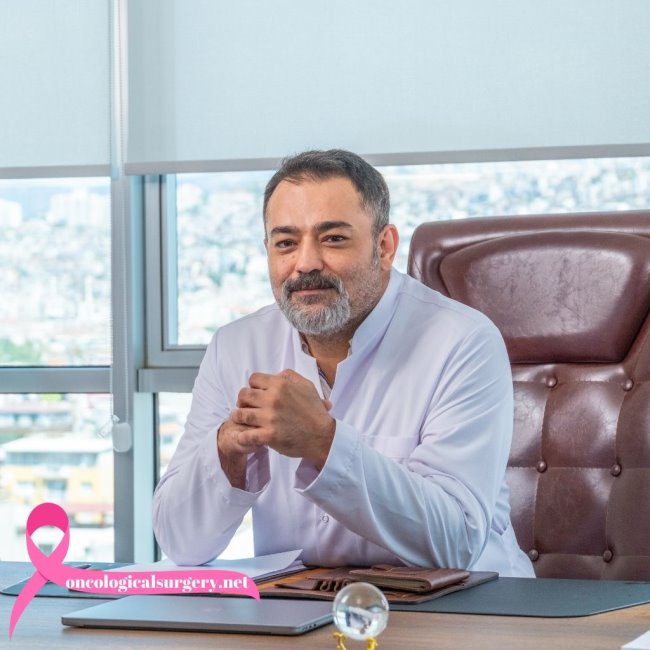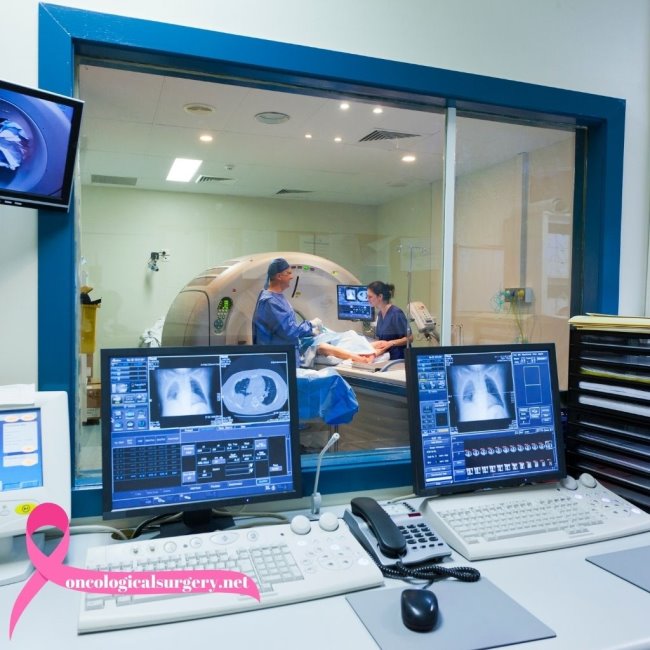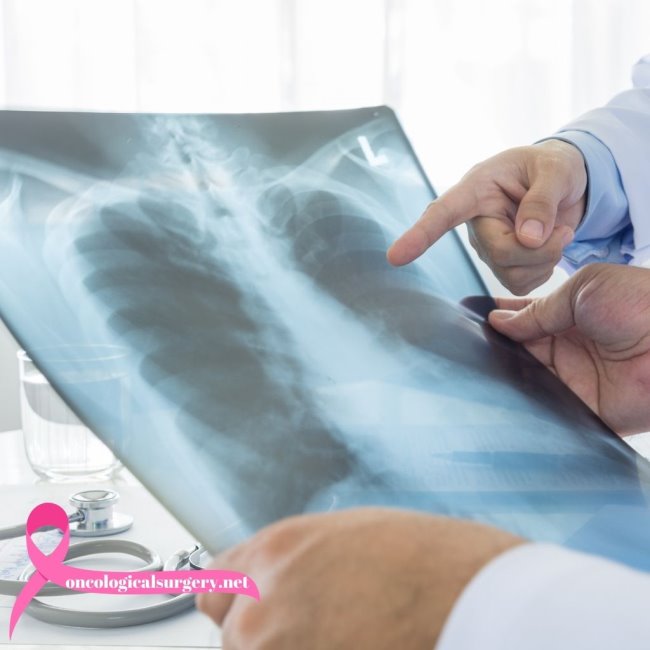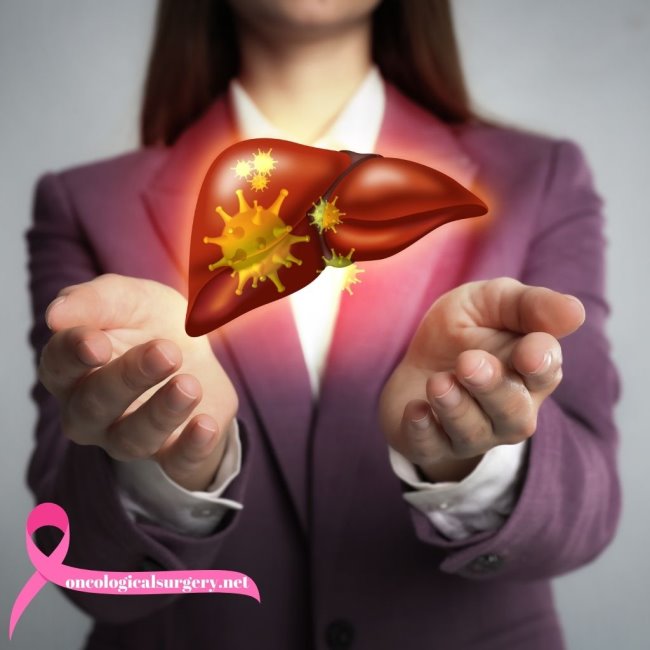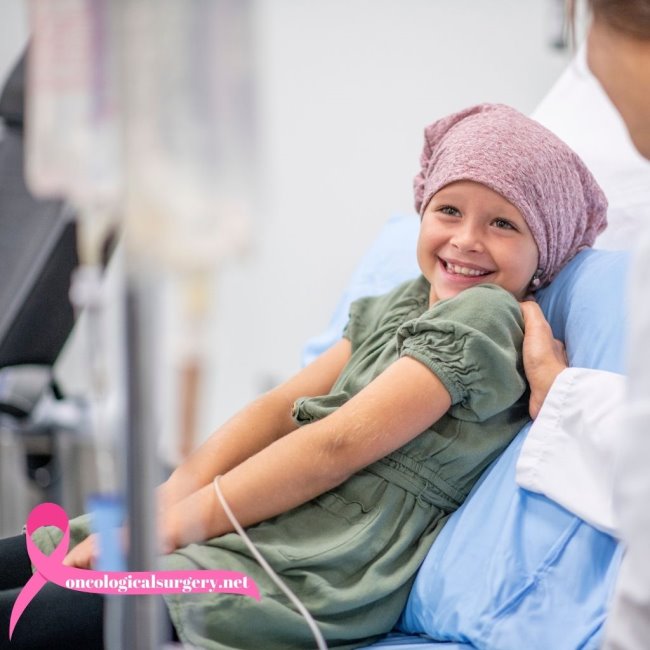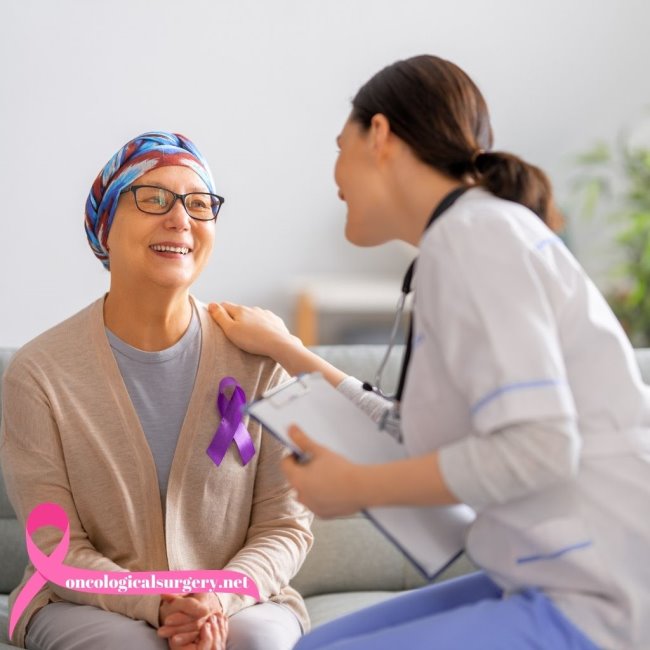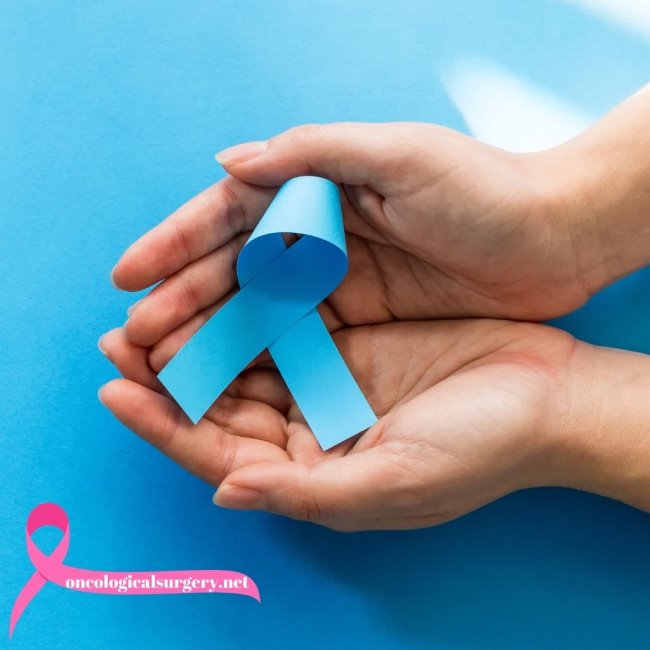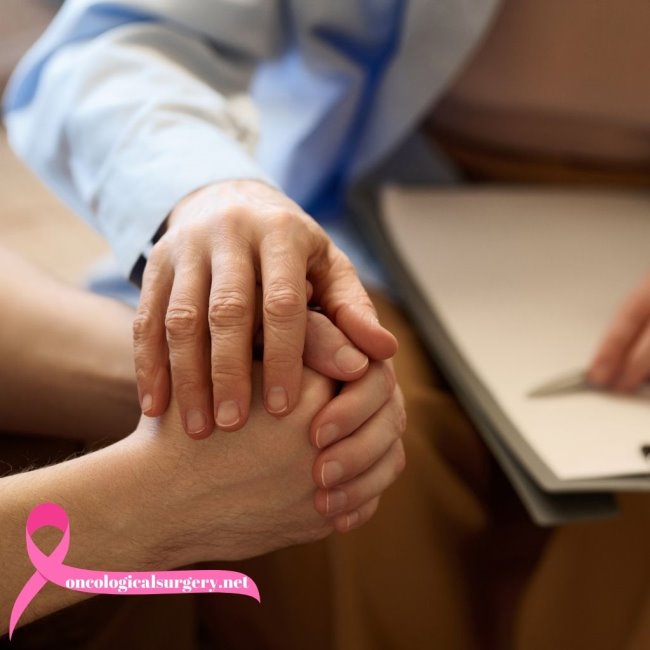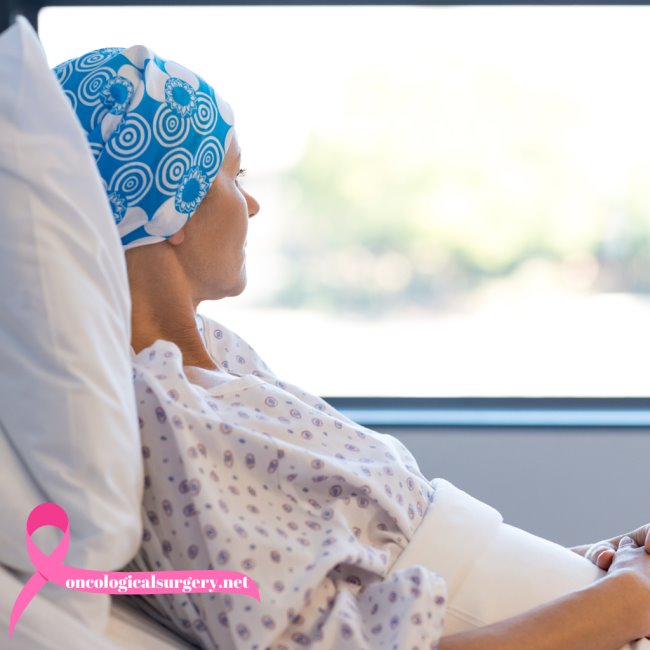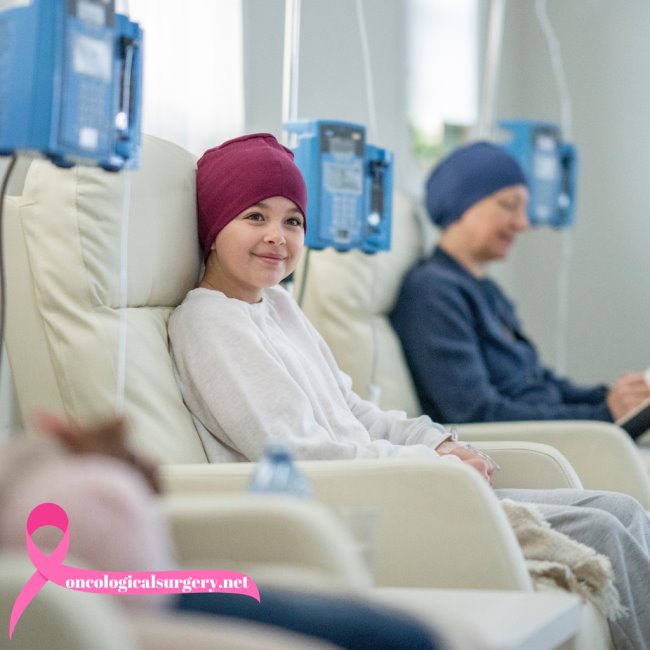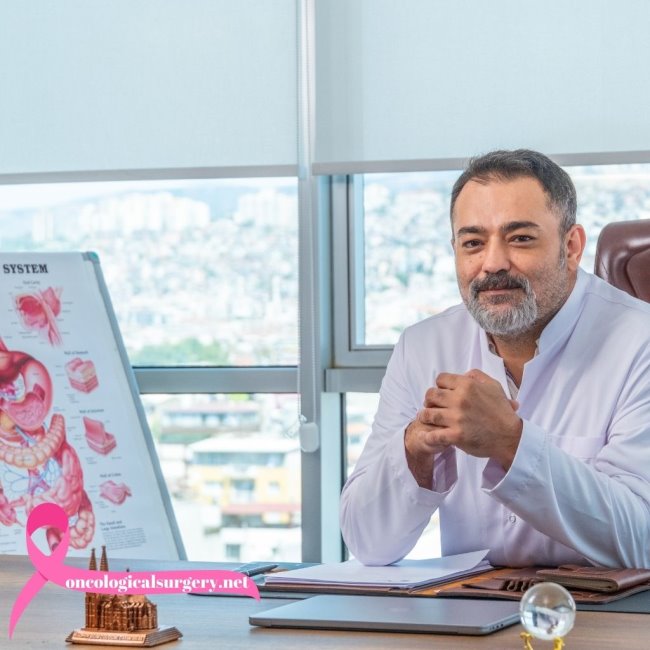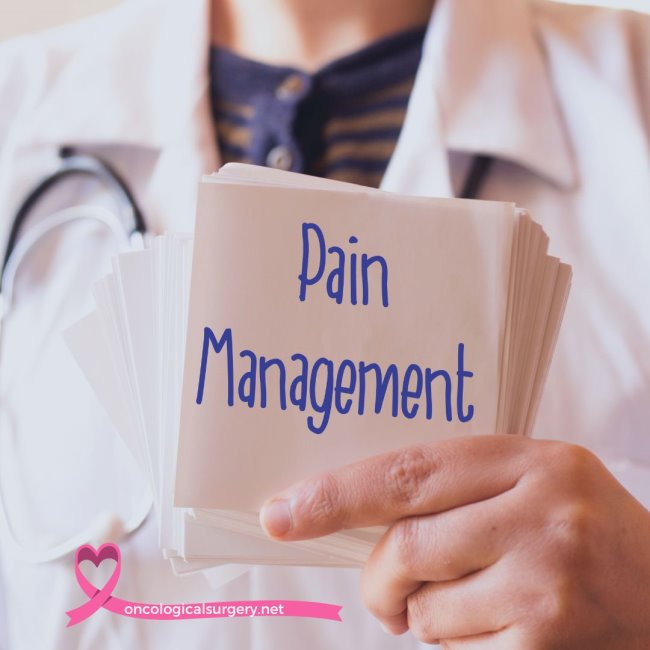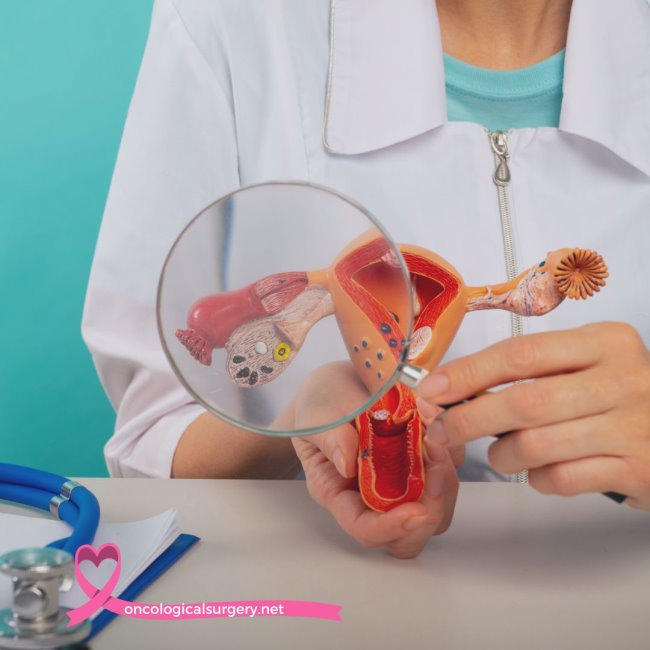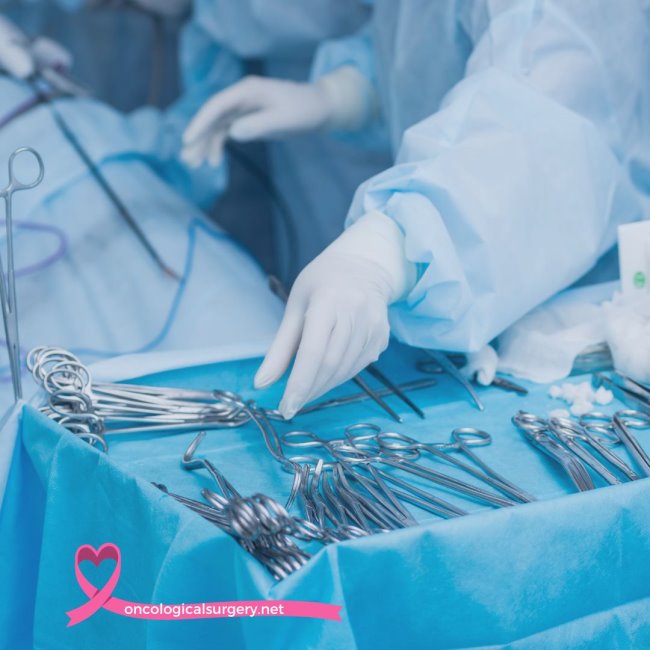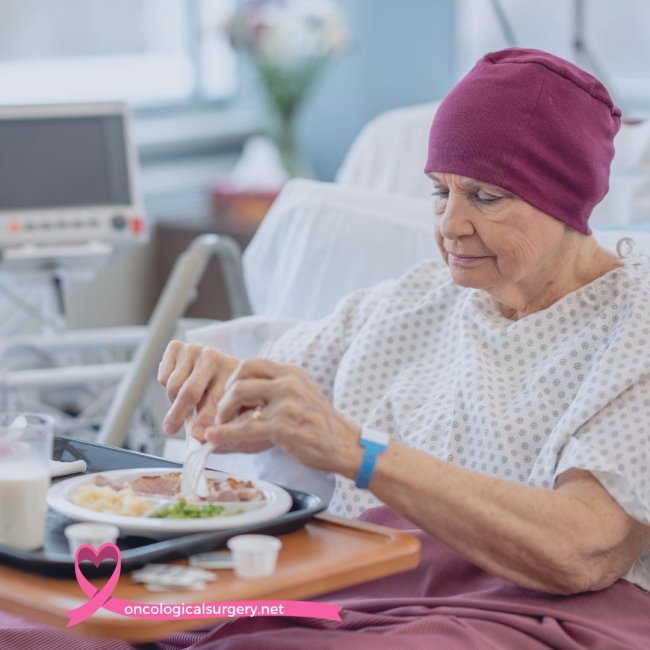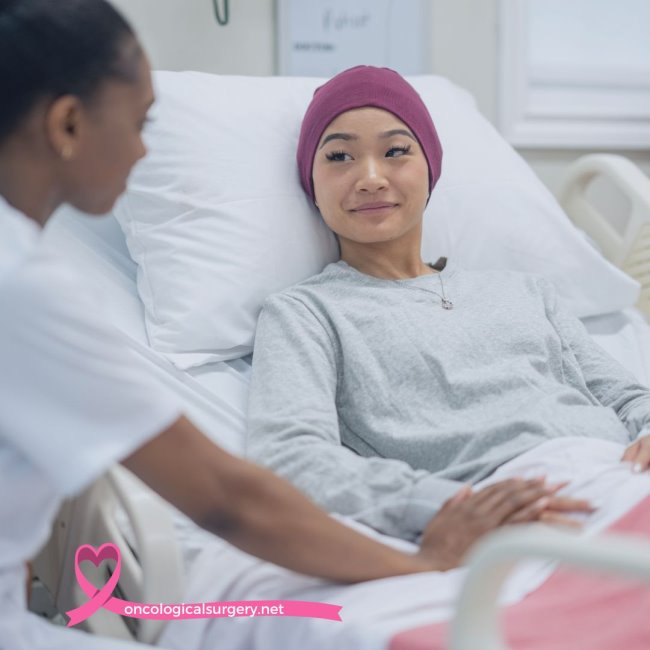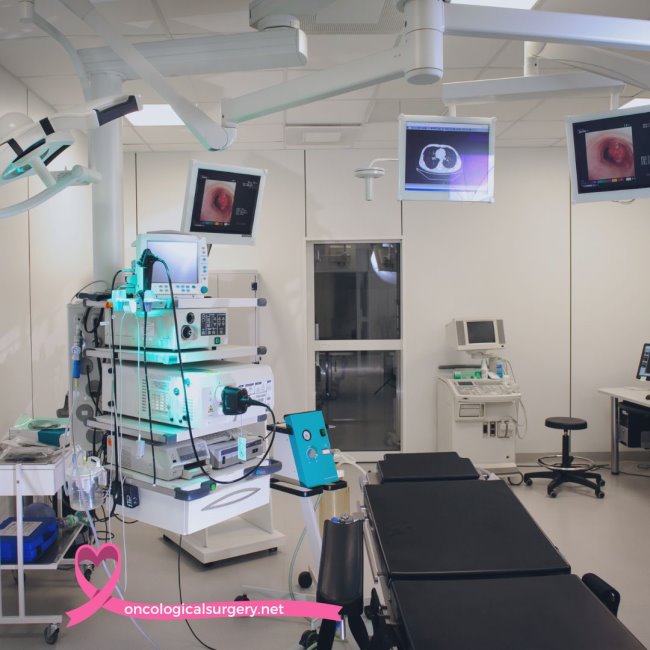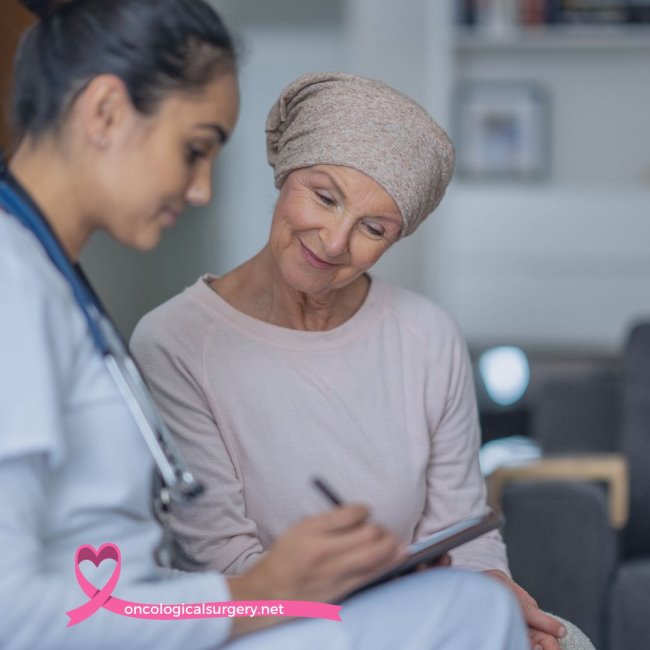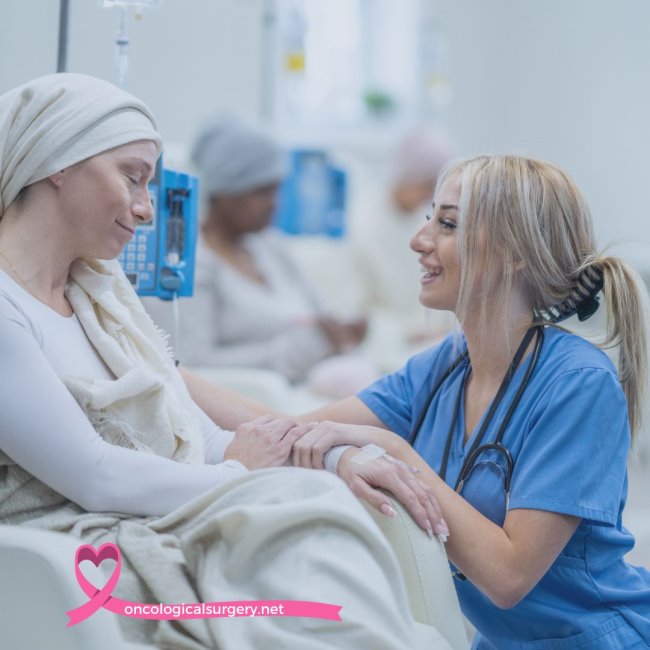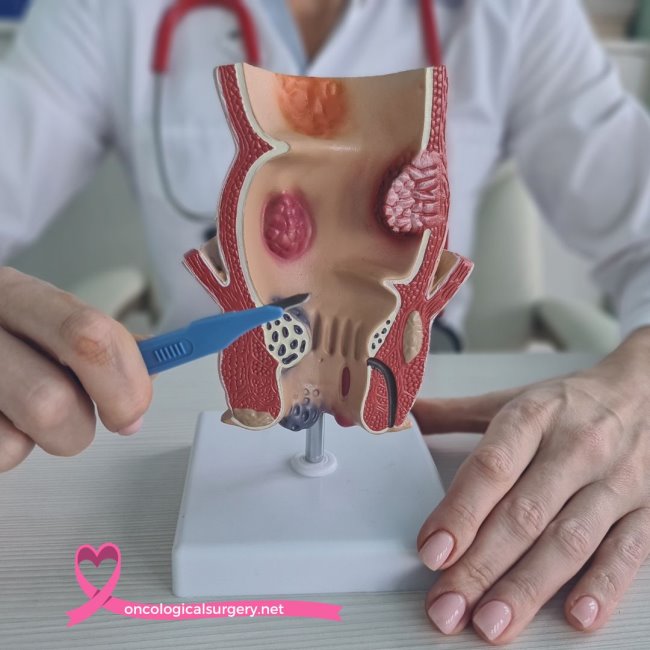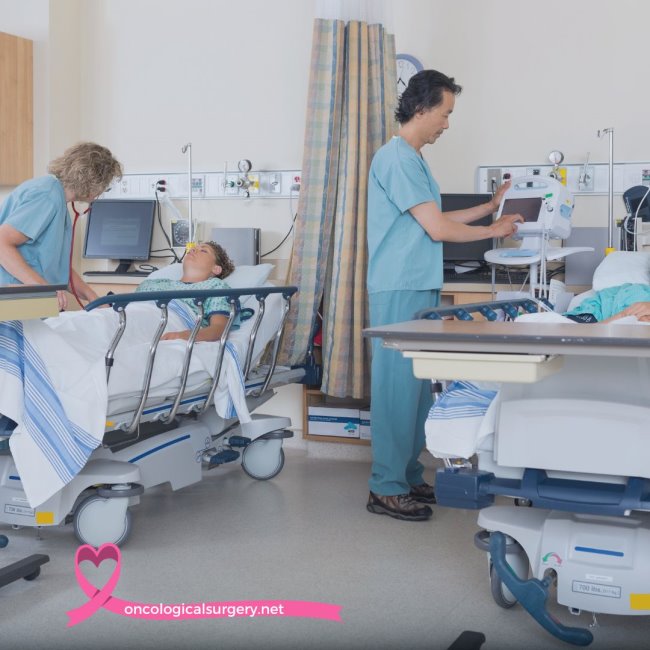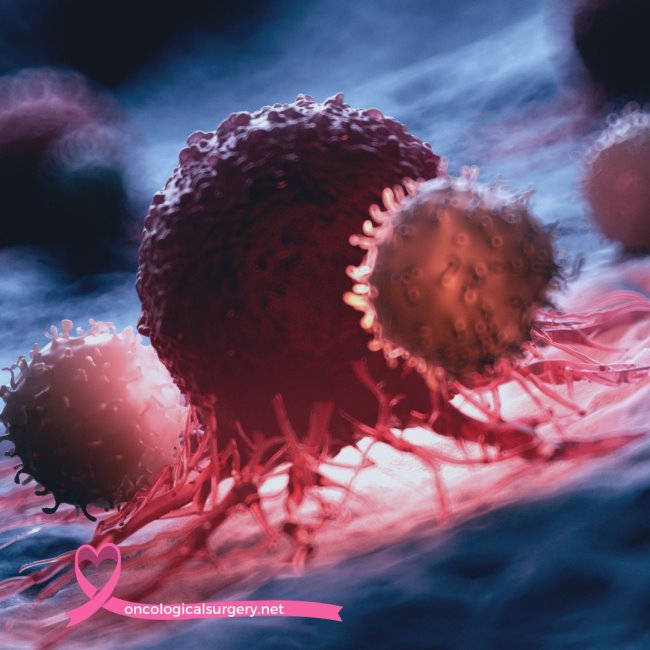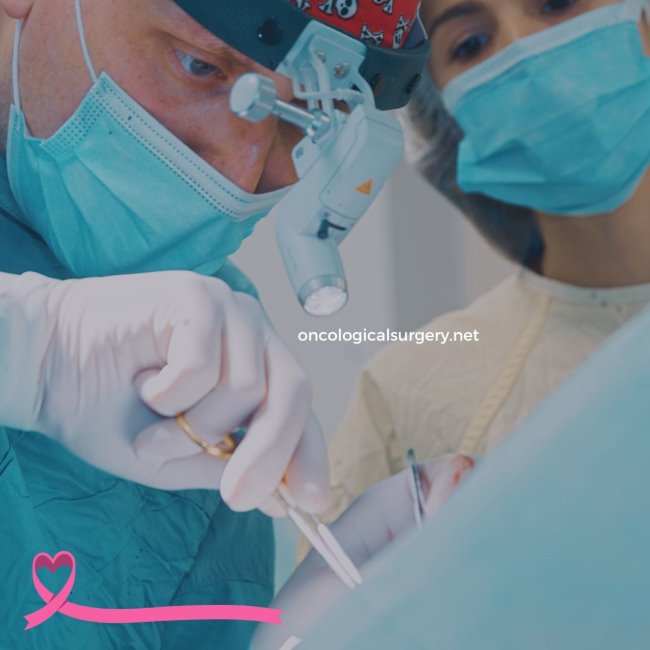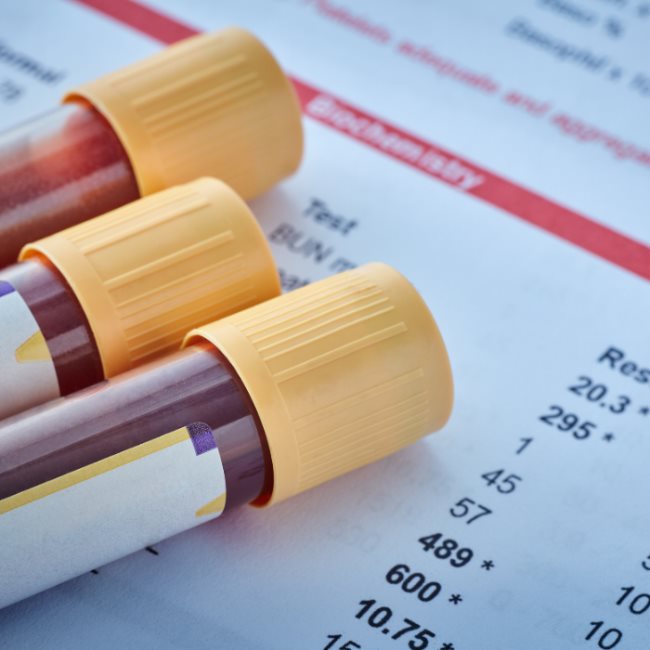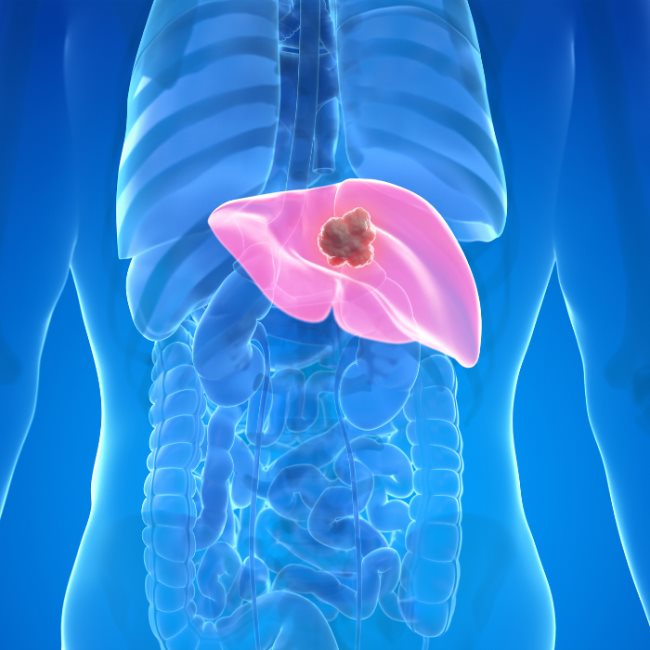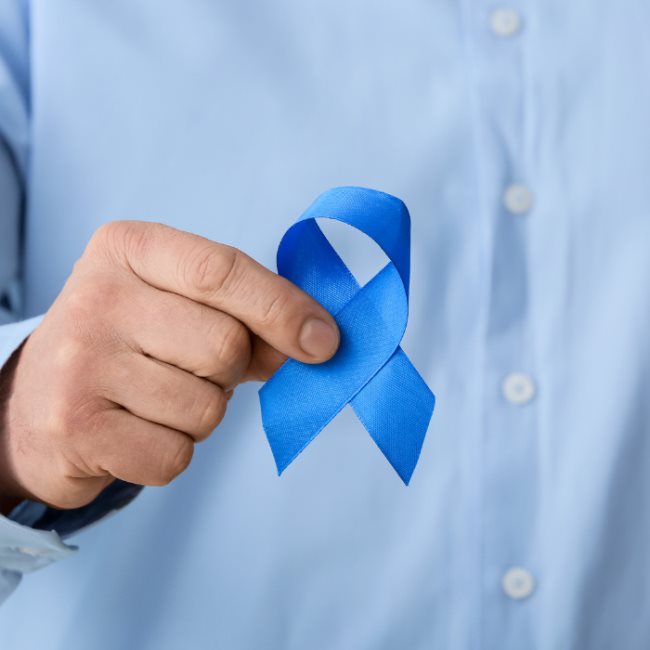
How to Support a Loved One Undergoing Oncology Surgery
Supporting a family member or close friend who is either preparing for or recovering from oncology surgery is a difficult yet very rewarding task. Be it for colon, pancreatic, or thyroid cancer treatment, your support is very important during this period of recovery. It could be in the form of emotional reassurance to hands-on practical help and will help them view a difficult journey as less daunting and overwhelming.
This article presents various ways of helping a family member through surgery into recovery. Whether it is physical support, reassurance, or private oncologists' advice, this will go a long way in making a big difference in their journey.
Know Their Diagnosis and Treatment
To best support your loved one, learn about his or her diagnosis and treatment. Take the time to learn about his or her specific condition, be it colon cancer treatment, pancreatic cancer treatment, or another surgical procedure. Understanding the procedure that will be undergone, possible side effects, and the recovery period will help you anticipate their various needs and provide relevant support.
Ask your loved one or his/her doctor for resources that will help you understand the nature of his/her surgery. Knowledge not only prepares you for what to expect but also helps in effective communication with their medical team when needed.
Offering Emotional Support
Cancer surgery can be a terrifying experience; emotionally, as well as physically, your loved one may be afraid of the worst, anxious about the outcome, or uncertain. One of the most valuable ways you can help your loved one is to offer emotional support.
Be willing to listen well and allow them to talk about feelings without judgment. Reassurance and telling them that they are not being left alone will be terribly uplifting. Sometimes just holding their hand, jotting down some encouragement notes, or accompanying them on appointments will relieve a lot of their tension. Remember, your patience and empathy will go a long way at this time.
Practical Support Before Surgery
In the days leading up to the operation, practical support can ease a lot of their stress. Help them get prepared by lining up transportation to and from the hospital, making sure they have comfortable clothing, and helping them pack everything they may need such as toiletries, documents, and medications.
If it's a complicated treatment, such as HIPEC treatment or stomach cancer treatment, one may ask their doctor if there is any prohibition of diet or any pre-treatment preparations. Ensuring adherence to the pre-treatment rules may create a foothold for an easier process and speedy recovery.
Comfort During the Hospital Stay
Your comforting and reassuring presence during their stay at the hospital is what matters most. Be with them, if possible, during pre-surgery check-ins or when recovering from the surgery. Give them things that could just make their stay a bit comfortable, such as a favorite blanket, some family photos, or books.
Stay in contact with the medical team for news about their condition. For instance, recovery from the treatment of bile duct cancer and liver metastasis of colon cancer takes quite a long time. Get a book to write down everything from doctors regarding advice on post-operative care.
Supporting Recovery after Surgery
After your loved one is back home, there will be a need for recovery, both physically and mentally. Assist in food preparation, management of their medicines, and light house cleaning. Their living area should be safe and as comfortable as possible, and everything should be within reach so that they do not have to move around much.
If they have undergone thyroid cancer surgery, support them through swelling or soreness. Make sure they follow the doctor's advice about rest, getting around, and resuming exercises.
Pay attention to their mood and thoughts. Recovery can be lonely, and nice conversations, games, or going out to events they both like may uplift their mood.
How to Communicate with the Medical Team
Communication with the medical team of your loved one is very important for their best care. Accompany them to appointments and jot down notes during discussions. This might be especially true in cases of conditions like pancreatic cancer treatment or HIPEC treatment, where there are very specific instructions and many follow-ups usually involved.
Do not be afraid to ask questions about either their condition, their progress, or what will happen next. A private oncologist will provide more insight with proper advice in their treatment.
Encourage Healthy Lifestyle Habits
Healthy habits will complement their recovery process and general health. Advise proper nutrition, light exercises-if your doctor supports it-and plenty of fluids. If their surgery requires special foods, cook for them, following all the guidelines.
Rest and relaxation are important, too. Provide an environment where calm and serenity will contribute to helping them focus on recovery. Limit their stress and ensure they get a good sleep for the best recovery experience possible.
Taking Care of Yourself
Accompanying a loved one who has to go through oncology surgery is really exhaustive; hence, it is burdensome and tiresome, not only physically but mentally too. So, proper care during the period-one must feed the body with whole foods, drink plenty of water, and leave some time for self-care.
Assistance from your friends and family, and even attending counseling support groups, helps you draw emotional strength to look after your dear one. Remember, the better you are feeling, the more you can help them.
Conclusion
Helping a loved one get through trying times during oncology surgery requires a lot of patience, understanding, and active support. From mundane task assistance to emotional comforting, your being with them makes all the difference in their journey. Knowledge, communication, and a positive atmosphere work altogether to help your dear one focus on recovery.
You may also seek advice and personalized treatment from a private oncologist if you need professional consultancy. Be it for colon cancer or bile duct malignancies, it is your presence that instills confidence and hopefulness within them for emerging strong through this bad phase of life.
